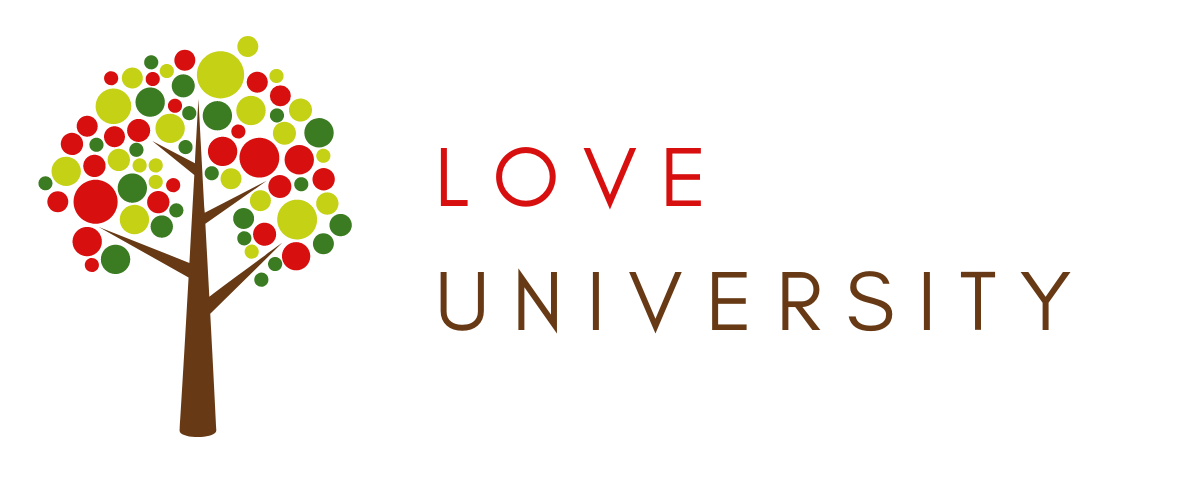On Blind Righteousness
Hi everyone. Today, this blog post is from Garin.
I had a wonderful morning. Woke up and made some coffee. I sat outside reading I am That by Sri Nisargadatta Maharaj and then sat for a while and mind became still. A wonderful peace spread as I listened. I am not sure how much time passed, but I decided to take a walk. When I left my house, i observed the steel sky and a mixture of cool and warm air mingling. I wasn’t sure where I would go. I ended up doing a wonderful 3 mile loop.
While walking, I started to reflect on our dialogue from last evening. There were just 6 of us. There was a lightness and a seriousness. This balance allowed the different participants to feel comfortable and go deeper into the questions that were arising around fear and trust. We tried to get underneath fear; consequently, trust became a big part of our dialogue. If we could trust oneself would psychological fear hold as power? Why is trust so important? What does it mean to find one’s calling? Can we trust our children? If we don’t, what is the impact?
We also discussed the impact of education and conformity. We looked at how education doesn’t generally give rise to voice and authenticity. Because of that, we tend to be led by authority instead of our own heart’s and minds. And as adults, as we have been taught to conform, we end up creating the same cycle with our own children.
As we dialogued, I noticed how open each person was to others in the group. This openness and trust has been the forte of our dialogue since it’s conception. People hold strong values and beliefs and at the same time honor others who think differently. Instead of a blind righteousness, people have been able to see the other and seek understanding. This gives me great hope for we are not only creating community and trust, but we are also learning how to suspend judgement and look to learn and understand. People hold onto their beliefs for a reason.
Yet, if we don’t listen and see, nothing will change in our world. What I see happening is people taking responsibility in these dialogue’s for their own actions and not putting their own expectations onto others. A dialogue can be messy at times for it is not black and white but multifaceted. It is critical to meet each person with where they are. Dialogue isn’t about trying to change somebody. Trusting in the process is where change happens on its own. Not based on authority or fear or manipulation, change happens in a dialogue because there is an openness to learn from each other. A dialogue brings up the psychology of mind, the collective consciousness, and the historical and evolutionary impacts of how we see and interact with the world. A dialogue creates a flow and depth without forcing us to change. Quite possibly, people from these dialogues are using their skills to interact differently with all they come across.
I wonder about the impact of blind righteousness. Blind righteousness seems to be fear based. Stuck in blind righteousness, one tends to hold so tightly to ideas of right and wrong without any flexibility to hear something else. In blind righteousness, one may tend to think that one has all the answers and in so doing, this can lead to judgement anger, resentment and potentially hate. This only adds to more confusion and conflict.
Yet, with a flexible mind, i see people in our dialogue’s coming together and willing to get underneath our beliefs and assumptions. I see the beauty in people being able to talk without judgement. I wonder what dialogue can do for people in conflict, who come from very different world views in the political and religious spheres? What would happen to not only their own perspectives but also to how they perceive others as well as the cohesiveness of the community if one could commit oneself to the dialogue over weeks, and months. I wonder if compassion would flow more and more….
I see that when there is compassion righteousness disappears.
